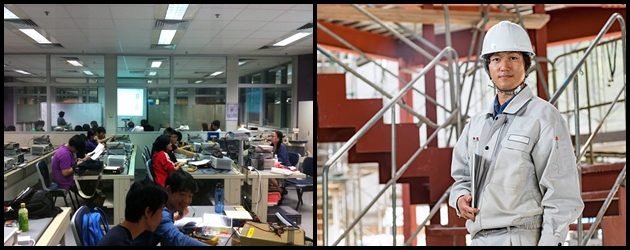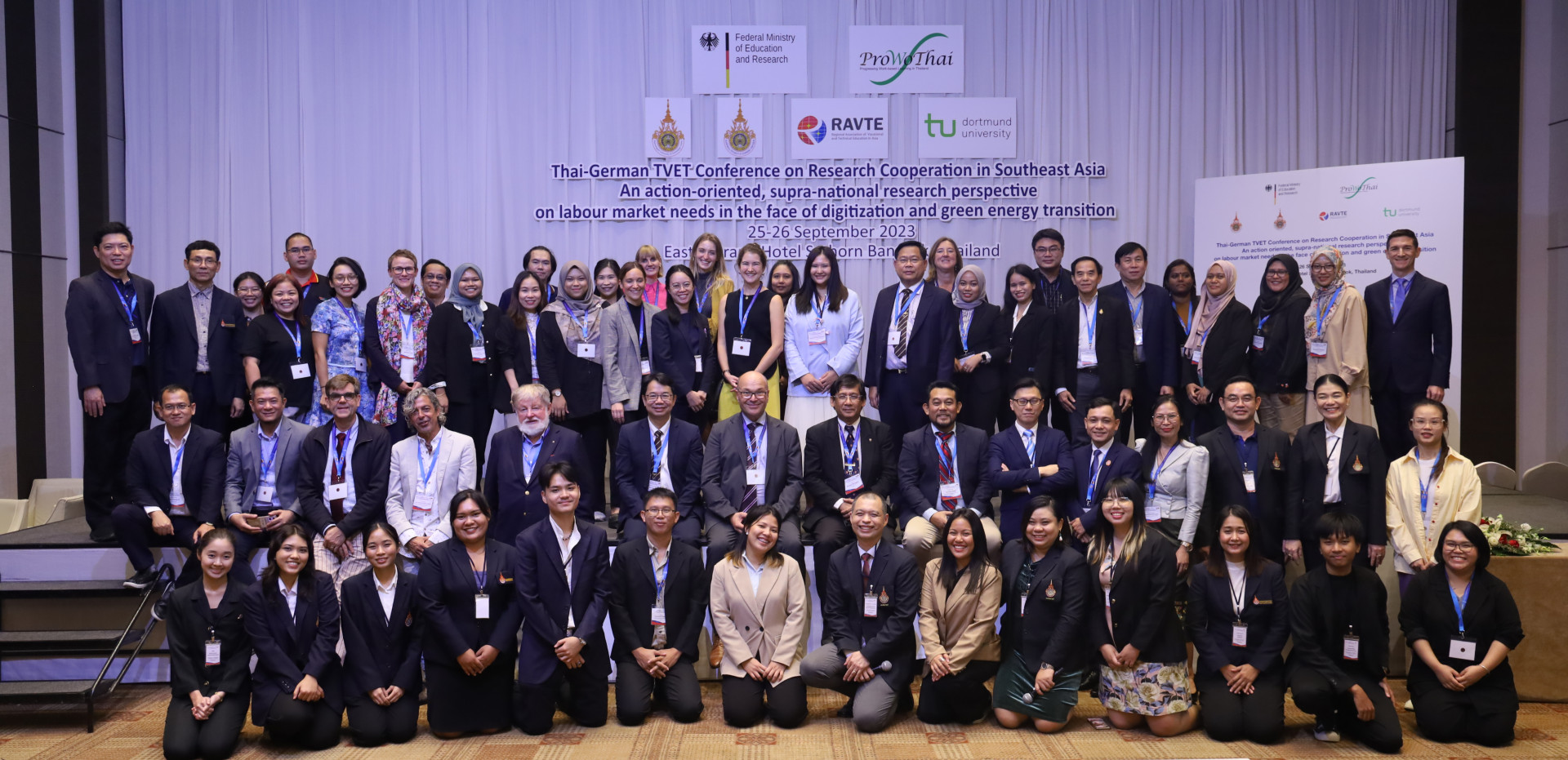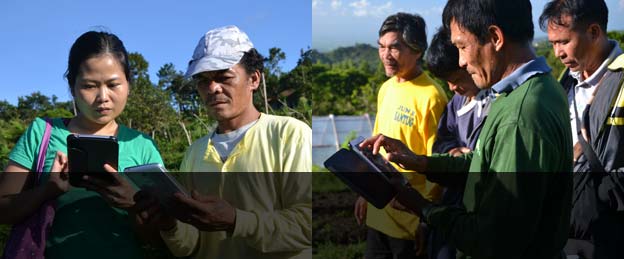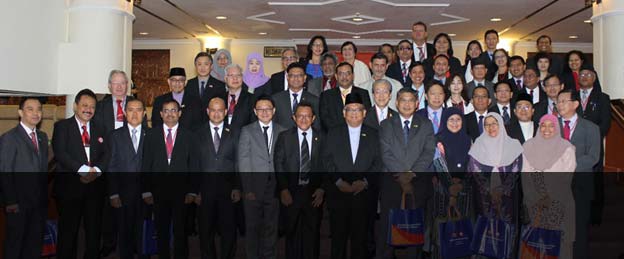
Editorial Issue 24: Vocational Didactics I: Construction Technology, Wood Technology and Color Technology and Interior Design
The initial and further education and training of TVET teachers and instructors includes vocational didactics, which focuses on specific occupations or occupational... Read more.

Towards Good Governance: Stages and Instruments of a Supranational Approach to Technical and Vocational Education and Training in ASEAN
With the establishment of the ASEAN Economic Community (AEC) in 2015 and the simultaneously increasing challenges in society and the world of work (digital transformation,... Read more.

Digital assistance systems for practical vocational training in inter-company training centres in the metal industry
Digitisation in TVET must be actively shaped. Digitisation offers opportunities for work-based or work-oriented learning in different learning locations (Schröder... Read more.

The workplace as a place of learning in times of digital transformation – models of work-related and work-based learning and in-company concepts
The relevance of work-based learning (WBL) as a central element of TVET for improving the quality of TVET programs is increasingly being taken up in international... Read more.




